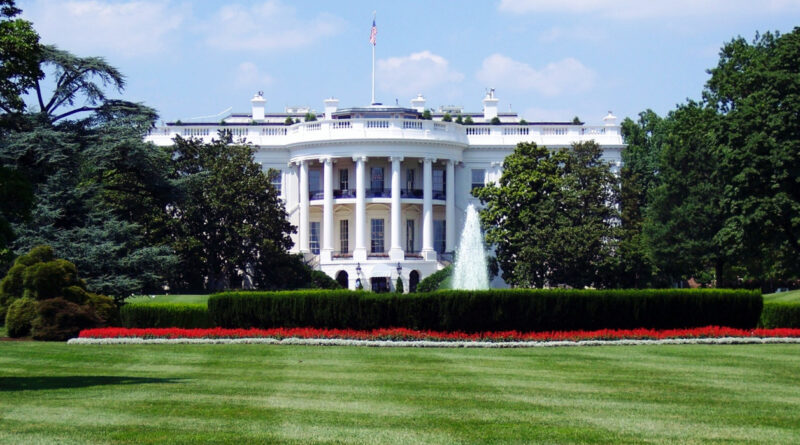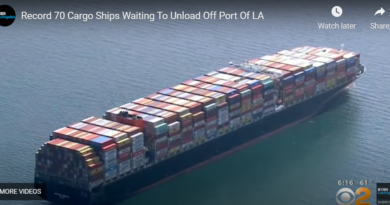FACT SHEET: Executive Order on Promoting Competition in the American Economy
Transportation
“In the transportation sector, multiple industries are now dominated by large corporations—air travel, rail, and shipping.
Airlines: The top four commercial airlines control nearly two-thirds of the domestic market. Reduced competition contributes to increasing fees like baggage and cancellation fees. These fees are often raised in lockstep, demonstrating a lack of meaningful competitive pressure, and are often hidden from consumers at the point of purchase. The top ten airlines collected $35.2 billion in ancillary fees in 2018, up from just $1.2 billion in 2007. Inadequate competition also reduces incentives to provide good service. For example, the Department of Transportation (DOT) estimates that airlines were late delivering at least 2.3 million checked bags in 2019.
In the Order, the President:
- Directs the DOT to consider issuing clear rules requiring the refund of fees when baggage is delayed or when service isn’t actually provided—like when the plane’s WiFi or in-flight entertainment system is broken.
- Directs the DOT to consider issuing rules that require baggage, change, and cancellation fees to be clearly disclosed to the customer.
Rail: In 1980, there were 33 “Class I” freight railroads, compared to just seven today, and four major rail companies now dominate their respective geographic regions. Freight railroads that own the tracks can privilege their own freight traffic—making it harder for passenger trains to have on-time service—and can overcharge other companies’ freight cars.
In the Order, the President:
- Encourages the Surface Transportation Board to require railroad track owners to provide rights of way to passenger rail and to strengthen their obligations to treat other freight companies fairly.
Shipping: In maritime shipping, the global marketplace has rapidly consolidated. In 2000, the largest 10 shipping companies controlled 12% of the market. Today, it is more than 80%, leaving domestic manufacturers who need to export goods at these large foreign companies’ mercy. This has let powerful container shippers charge exporters exorbitant fees for time their freight was sitting waiting to be loaded or unloaded. These fees, called “detention and demurrage charges,” can add up to hundreds of thousands of dollars.
In the Order, the President:
- Encourages the Federal Maritime Commission to ensure vigorous enforcement against shippers charging American exporters exorbitant charges.”




